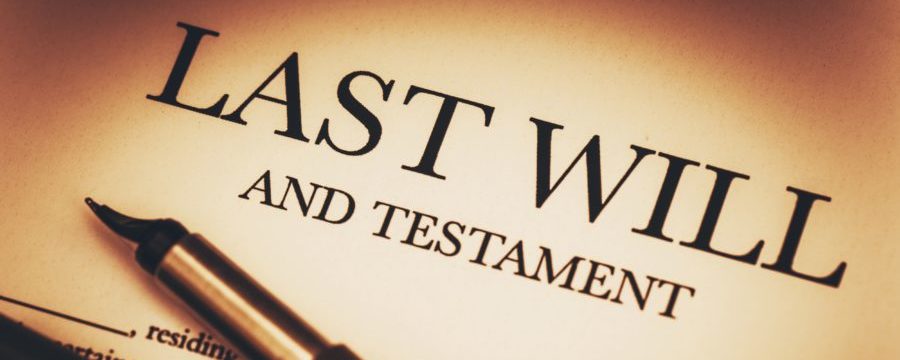
The death of a loved one is always a difficult and stressful time. There are many important matters that must be taken care of, including the division of assets as indicated in the will of the deceased. This process is known as probate. An experienced NJ probate lawyer can help you ensure that your loved one’s wishes are followed quickly and efficiently during this difficult time.
What is Probate?
Probate is a legal process in which a deceased person’s will is proven in court to be valid and the terms of the will are carried out. This process is the responsibility of the will’s executor, the person responsible for ensuring that the will is followed according the the deceased person’s wishes. The executor is normally named in the will. If they were not, the court will appoint an administrator, usually a spouse or other close family member. The executor or administrator has a range of responsibilities during the probate process, including:
- Filing papers with a surrogate of the county where the decedent resided to legally validate the will.
- Notifying all heirs, beneficiaries, or trustees.
- Taking inventory of the deceased’s assets, gathering them, and appraising them if necessary.
- Notifying the deceased’s creditors and resolving any debts they may have had, including preparing and filing any appropriate tax returns and payment of taxes, from their estate. (Any legal fees and accounting fees incurred during the probate process are usually paid for from the estate itself.)
- Distributing the deceased’s remaining assets according to the terms of the will.
It is very important that an executor or administrator fully understand their responsibilities during the probate process, as an unintentional error could lead to serious legal consequences. If anyone contests the validity of the will or the choice of executor, matters can get further complicated. A New Jersey probate lawyer can help you with these matters, so contact us today if you are appointed as an executor or administrator of an estate. The process of “probating the will” is not difficult, but the real issues arise when the executor or administrator begins the process of paying bills, selling property, transferring assets, and more. Don’t go it alone. Call today.
Can Probate be Avoided?
A commonly asked question is whether the probate process can be avoided altogether. The answer is yes, but only under certain circumstances and with careful planning.
- If a person sets up a trust while they are alive, their property is held by a third party, called a trustee, to eventually be given to a beneficiary after their death. This is called a Revocable Living Trust, and while it can still be subject to federal taxes, it is not considered part of your estate upon death and therefore bypasses probate.
- Any gift that a person gives while they are alive is not subject to probate. However, be aware that a gift may still be subject to a federal gift tax if it surpasses a certain amount.
- Any property that is legally co-owned by two parties will pass to the surviving party when the other party dies, and is not subject to probate, including a home owned jointly or bank account held jointly.
- A bank account can be set up as a payable-on-death (POD) account, which transfers money directly to a beneficiary upon death and bypasses probate.
Contact a NJ Probate Lawyer Today
Carrying out the wishes of a deceased loved one is a large responsibility, and should not be taken lightly. If you are the executor or administrator of a will, or are interested in bypassing the probate process, contact Himelman & Himelman today to discuss your options.